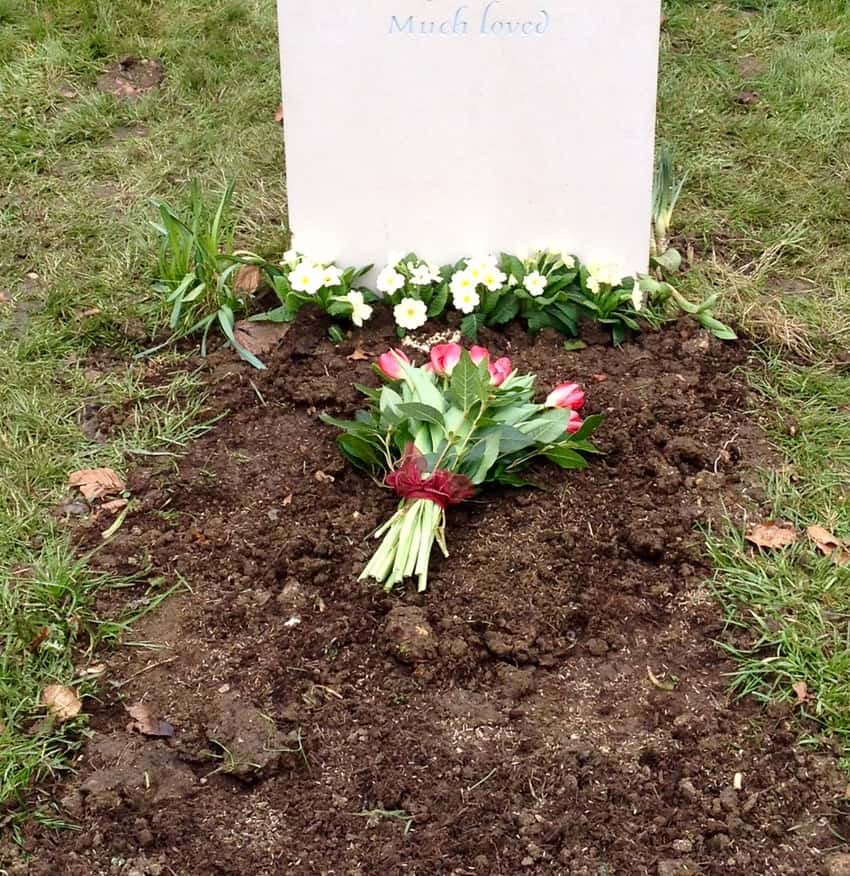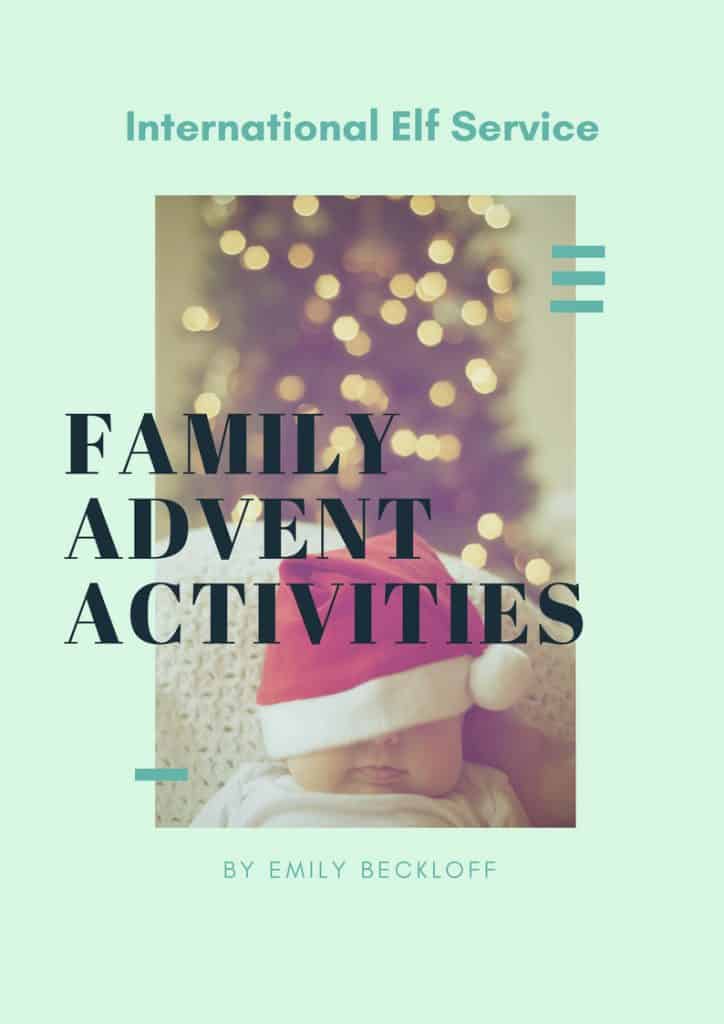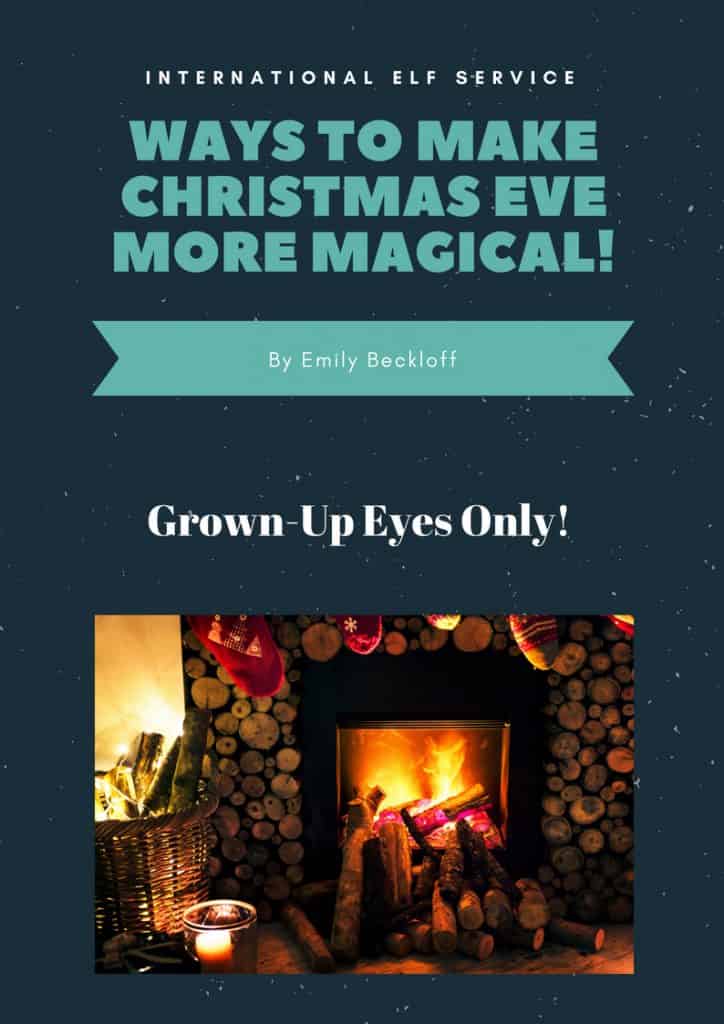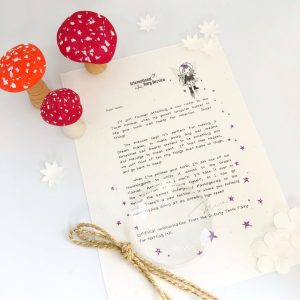
In the UK certainly, it isn’t the norm for children to see dead bodies and very few have any idea of what ‘dead’ looks like. I know too, people can get stuck on the ‘what happens to us after we die, where do we go?’ question. Everyone has different views and beliefs about death, which I think is important to tell children. Children do talk at school, and young ones in particular might find it difficult to know how to respond if their beliefs are challenged.
I can’t remember how old I was exactly, but there was a death in the village. I remember climbing up on to my dad’s lap and firing questions to him about it. He was very patient, and answered all my questions over and over again, while my young head struggled to grasp what ‘dead’ meant.
I decided very early on in my parenting career that I would answer any questions asked, in an age appropriate manner and not avoid or fudge around any subject. Talking about death is a ‘biggy’, as none of us truly know what it feels like to die or how to explain it from the deceased’s point of view. The last thing you want to do is scare your children, or make them feel like either you or they are about to drop dead at any moment. Or worse … make them feel panicky or worried about going to sleep.
Anticipating the subject coming up at some point and wanting the kids to have some sort of tangible understanding of death before someone they knew and loved died, I always kept an eye out for dead animals while we were out and about…worms, mice, birds … anything!
When the children were very small, we had the initial discussion over a dead mouse on the pavement one day back from the park. There was lots of peering and we were there for ages. I asked them whether it looked like the mouse was just sleeping to them and they said no it didn’t ‘because it wasn’t moving even a tiny bit, or breathing’. We stared at it for quite a while and then I found a stick so they could gently try and move it and see for themselves that it was all stiff and different to our warm, soft and mobile bodies. I asked if they could think of a word to describe it and if it wasn’t sleeping, what would they say instead? They thought and then our eldest simply said, ‘it’s stopped Mummy.’ I asked them if the mouse looked sad about it and after even more peering they decided ‘it didn’t look happy or sad.’
So then we translated it to people and that when people die they just stop too. I explained that people die when their body breaks too much to work, just like the mouse. I explained that it’s different to when they’re sick or if they were to break a leg or something and it’s definitely not like being asleep. They took it all in their stride, asked a few questions and then suddenly lost interest and asked if it was lunch time. As kids do!
The next notable ‘talking to our kids about death’ occasion was when we went to visit ‘Granny’ in America. Our (then 4 year old) daughter and I went for a walk and a talk and we suddenly spotted a lump in the road up ahead. As we got closer, we saw it was a red squirrel that had been run over. It wasn’t a pretty sight but not one to turn down an opportunity, I thought would also be a good lesson in road safety!
We went to investigate and as we both looked, two middle aged couples walked past. They were shaking their heads and me and as they hurried past, one of them said ‘you shouldn’t be showing your child this, you should be ashamed!’
Luckily I had my wits about me (usually I have that ‘oh I wish I’d said such and such) and I said ‘our job as parents is to teach our children about the world. It doesn’t do anyone any good to be brought up in a plastic world lined with cotton wool. How’s that going to prepare anyone for anything?!’
Frustratingly they didn’t respond!
We continued to look, we discussed road safety, we discussed what dead looks like physically, we discussed anatomy & physiology, we discussed why some people might think we shouldn’t look at squashed squirrels and we discussed why I’d said what I’d said…
When we’d had enough, we carried on our walk & talk and our daughter decided the drains at the side of the road were actually fairy houses.
So we had a lovely long chat about fairies all the way home…
Children are far more robust than we think and they can grasp more than we often give them credit for. There is absolutely no doubt that there is always a deep sadness when you lose someone you love but I do think that understanding what death ‘is’ can really help with the grieving process.
I would really love to hear how you’ve broached the subject and if you can recommend any good books for children on the subject? Please do leave a comment below, thank you! x

Elfie’s Christmas Letters Video is the Christmas 2019 Edition
Get Them Reading With These Magical Christmas Elf & Fairy Letter Bundles
… To Enjoy As A Family
To receive our Magical Newsletter
PLUS
Two FREE Guides:
Family Advent Activities & Ways to Make Christmas Eve More Magical!
[one_half]

[/one_half][one_half]

[/one_half]
The International Elf Service specialises in beautiful handcrafted, personalised letters from magical places … the North Pole and Fairyland. Designed to encourage children to read, while developing and preserving their love of all things magical.
‘Very Helpful’ Fairy & Tooth Fairy Letters
Try our amazingly unique and magical Family Christmas Tradition of Christmas Letter Bundles from the North Pole. Elf letters filled with secrets and snippets from the North Pole, for you to deliver very mysteriously on the Elves behalf … for your children to find.
*You don’t need an Elf or a Fairy Door to enjoy these letters. Pop magical letter by their toothbrush, in their shoes, stashed away with the rest of the mail – have fun!
Not sure? You can try these one-off letters that can be delivered any time of the year. Here and here!
A sneaky listen to our Advent Calendar Christmas letter bundle from Christmas 2018 … *The Christmas Letter Bundles Are Brand New Each Year!
Hide them among the bills and junk mail, lay them on the table first thing in the morning, stashed among the toys, or snuggled up in their bed. You choose where your children find the letters, to create a magical family tradition the kids will love!
“The best Christmas idea ever.” – Charlie Condou (Actor)
***
“These were the best things I have ever (and I mean ever) ordered!!
I’ve never seen the magic or happiness last so long x”
– Jolene (August 2017)
Come and join us on Facebook, or find us over on Christmas Traditions & Magic For Children for all year round festive chat.
Emily x




Death is a hard thing to talk about. I recently lost my nan to cancer and had been upset about the house. I thought I better be honest and tell my 8yr old and 6yr old (my 22 month old wouldn’t know) why I was moping about as they had asked why I was sad. I said quite simply that their great nan had died. They both said it was a sad thing to happen. My daughter (6) just ran off to play and hasn’t mentioned anything since. My son (8) said he didn’t want to talk about it ever as it was too sad. I left it at that. I tried a few days later to talk about it but he still said he didn’t want to talk about it and my daughter just wasn’t interested. Children are strange things! We got the funeral next week which I’ve not mentioned…I wasn’t going to take them as they are sensitive and don’t think it will help them at all being around so much sadness. What ever questions they ask I will answer as honest as I can as I don’t believe in sugar coating anything. Kids need to understand life and what it involves but obviously age appropriate to them.
Oh Gemma – so sorry to hear about your nan. Yes I agree, I think it’s different for everyone and there’s no right or wrong. you just have to do what’s right for your family. Our kids came to my mum’s funeral and they asked lots of questions around the burial. My sister and I carried her coffin and the kids came behind with my husband and my other sister and her husband. It felt like a real family affair and the kids weren’t distressed at any point, just curious. You do have to do what’s right for you though.
I think you are right to teach them about death if it something that is openly talked about it won’t be a big shock for them one day, I never really thought about it much until my grandad passed away recently it was the first death in the family i had really had to deal with myself so i took a couple of days to get my head around it before I talked to the girls about it Thanks for linking up to #sundaystars x
I’m so sorry to hear about your Grandad :(. I think it’s particularly hard if you’re dealing with grief yourself. x
Eek! Not looking forward to this subject at all! Great post though #bigfatlinky
Mortality is a difficult thing on so many levels isn’t it? Thank you for taking the time to read it.
My children have experienced death at a young age. My mother passed away in January 2009 and my sister in July 2009 (we went from 2 to 4 kids overnight). We have had to guide them through death many times and as a result they have become wonderful supports for other children who experience it. I am proud of them and how they have developed an understanding of grief, loss and healing, We still have bad days but we haven’t hid anything and I think they will be better humans for it. Mel xx #brilliantblogposts.
Oh gosh Melanie, you’ve gone through a lot. I’m really sorry :(. I think you’re right not to hide anything. When I did a course in bereavement counselling the big thing was to answer all questions as honestly and openly as possible. To not keep things from them to try and ‘protect’ the person. Everyone grieves in different ways and you may be doing more harm than good. You sound like a wonderful support to your kids x
Great post! I used to have a job where I would regularly be around ‘death’!! To me it was completely normal but now I have no emotions when it comes to people dying which is a horrible thing to say and I would hate for my children to ever be the same.
We kind of had the death talk last week beacuse the family dog died, so I had to explain where he now. #bigfatlinky
What job did you have Hayleigh? As part of my job in the heart valve bank in Bristol, I was in and out of mortuaries daily. One of the technicians told me that her daughter (5) described her job to her classmates as ‘Mummy kills people’…! She was often in the mortuary around school hours too and was so blase about it all. It was all so normal to her.
This is such an important issue. Children growing up in the UK often have extremely limited experience of death and talking to them about it is a really important way of helping them see the bigger picture. Thanks for sharing. #bigfatlinky
Yes that is so very true and the less they witness I think the harder it is to rationalise what’s going on. There’s not perfect way to do anything so we just have to do what we think is best and then hope for the best!
I have always been up front with my children about death . They grew up with a range of stories including ones about endings and death like Badgers patting gifts . We have been to several funerals which can be traumatic especially if the first funeral you go to is a close loved one like a grandparent .They asked lots of questions which we tried to answer but the most important thing was they were included . When my grandad and a few years later my dad died they were there as things happened .They were sad but unafraid . Stroked the hair of their loved ones and talked about their memories . I think it is important to give children choices of whether they want to be there or not but I know for my two it has been the right thing to do .
Yes I think you’re absolutely right about giving children’ choices, including them by default and normalising everything as much as possible. So difficult to do if you’re grieving too though. I’m so sorry to hear about your Dad and grandad :(.
I think this is a great subject and I loved reading it as i have no idea how i will tackle these questions!!
Great post
Lx
http://workingmumy.blogspot.com
#bigfatlinky
Thank you Lisa and yes it can be a very difficult topic to discuss but I think it’s absolutely ok to say ‘I don’t know’ if we’re asked questions we don’t know the answer to. Or we can say ‘I believe X but some people believe Y and others believe Z…’